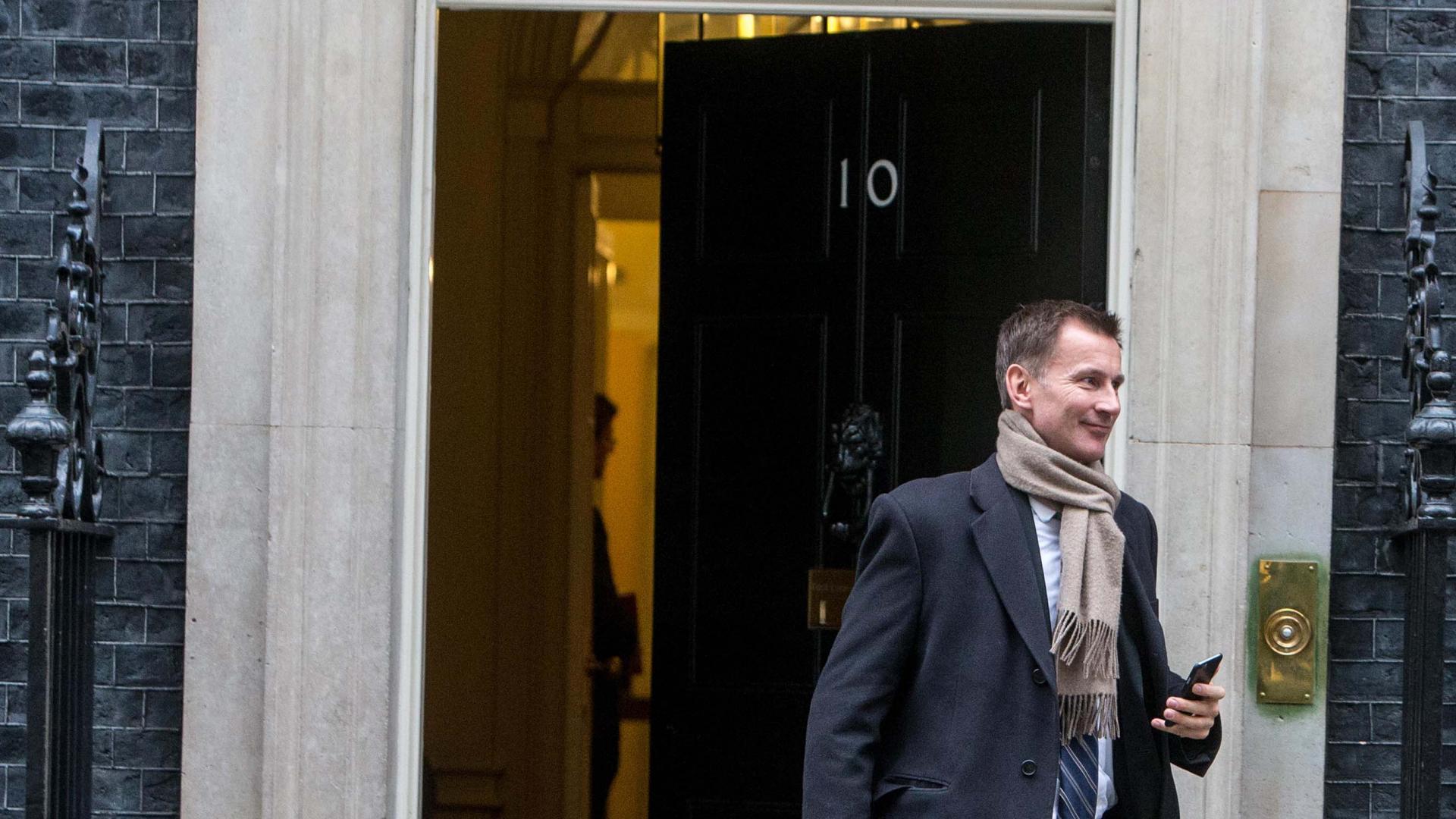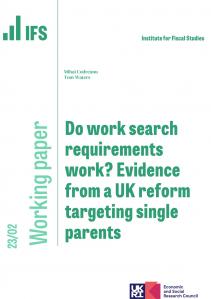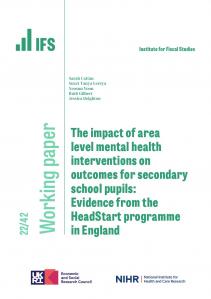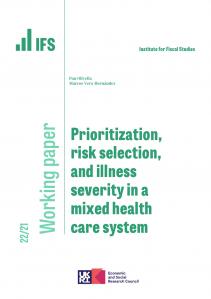Paul Johnson, IFS Director, said:
‘Fiscal credibility is hard won but easily lost. Today’s announcements won’t be enough, by themselves, to plug the gap in the government’s fiscal plans. Nor will they be enough to undo the damage caused by the debacle of the last few weeks. But they are big, welcome, clear steps in the right direction. It is also encouraging that, with most of the tax cuts abandoned, perhaps the most growth friendly of them, the stamp duty cut and the increased annual investment allowance for corporation tax, remain.
Backing this up with a coherent set of well-designed fiscal targets and a credible plan for meeting them is now the priority for the Chancellor’s statement on 31 October. Jeremy Hunt will still have to make some scary decisions on tax and spend this Halloween. And it remains hard to see where significant spending cuts could come from. With today’s policy reversals the tax burden is again set to rise and stabilise at an historically high level.
The decision to reassess the Energy Price Guarantee next April is especially welcome. While large-scale untargeted support for households this winter was perhaps unavoidable we need to do everything possible to put in place a better designed, better targeted and less expensive scheme next year. Even a slightly less generous scheme could save billions, mean less government debt needs to be sold, and therefore reduce future interest payments.’
More details on the public finances
The Chancellor has today taken big, welcome steps towards plugging the gap in the government’s fiscal plans. The hope is clearly that this will be enough to also plug the credibility gap which has emerged in recent weeks. Official Treasury estimates suggest that the revenue raised to be around £32 billion by 2026-27, more than two-thirds of the original £45 billion package of tax cuts.
This is clearly a substantial shift towards ensuring that public sector net debt can credibly be expected to fall as a share of national income over the medium-term. But more action to achieve this might be needed: in the IFS Green Budget, published last week, our analysis suggested that a tightening of around £60 billion was needed to have debt falling as a share of national income in the medium term, while press reports suggest that the OBR’s analysis points to a larger gap of £72 billion. Either way, today’s £32 billion of tax rises would only take the Chancellor part way there. The fact that today’s announcements alone are unlikely to be enough is a measure of the scale of the problems we face.
There is much uncertainty around these numbers, and they could be brought down somewhat if the outlook for the cost of government borrowing comes down. Early indicators suggest that gilt rates may be reduced by perhaps as much as 0.5 percentage points. If this were to be sustained, and extend to a correspondingly lower path for Bank Rate, OBR ready reckoners suggest that debt interest spending would be reduced by around £7 billion a year.
Having undone the big package of tax cuts Mr Hunt might now be able to delay big decisions on public spending. But he will need to find a way of making his plans credible. That is likely to involve at least some cuts to planned investment and day-to-day spending. There are no easy options here. It is hard to see which of the big chunks of spending - health, pensions, welfare, education and defence - can be cut.
Looking forward, the Chancellor needs to come up with not just tax and spending policies but also a convincing set of fiscal targets. Focusing solely on a target to have debt falling as a fraction of national income in one particular year is inadequate, indeed undesirable. Abandoning the (legislated) commitment to current budget balance also increases the temptation for savings to be found via cuts to investment spending: perhaps more palatable in the short-term, but at the cost of longer-run growth and public service capacity.
Image: Tommy London / Alamy Stock Photo













